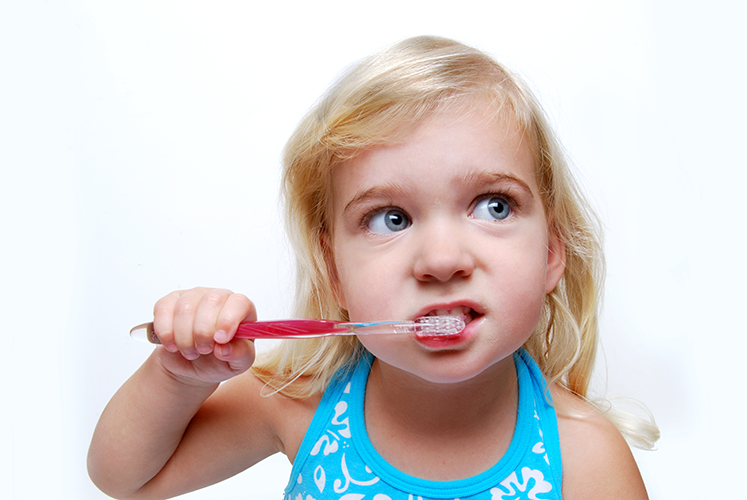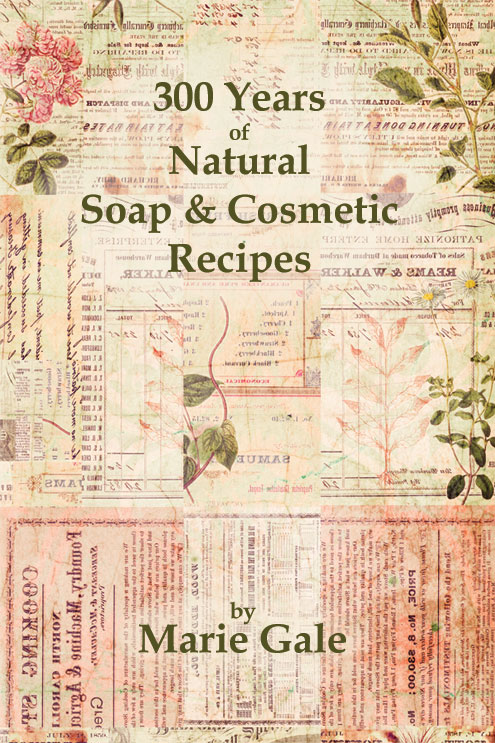I was looking through my book of Hall’s Journal of Health (1859), and found an interesting article in the August issue of that year. It piqued my interest, so I did a little research.
Here’s the article:
Best Tooth Wash
On one occasion, a correspondent for a water-cure journal inquired if a statement of ours was true, that washing the teeth with pure white soap had a tendency to prevent to collection of tartar on the teeth. The editor replied simply, “It is all fudge.”
He, perhaps, could not conceive how such a thing a common as soft soap could keep the teeth clear of tartar accretions, which were so hard that a steel instrument is employed by dentists to remove them. He evidently did not know that recent chemical and microscopical investigations, carefully conducted with all the aids of dental science, had demonstrated that this tartar was the product of a living insect , upon which neither vinegar nor tobacco juice had any effect whatever, but which was instantly destroyed by soap-suds; and following up this fact, persons have kept their teeth perfectly clear of re-accumulations of tartar, by simply washing them with white soap and brush, night and morning. Now and then it will fail, because some tartar is made by an insect which is but little affected by soapsuds.
Okay, so the information IS 150 years old, and the “insects” he is referring to are probably bacteria. But there’s plenty of evidence to support the fact that soap kills bacteria.
So why isn’t all “toothpaste” made out of soap? Oh MY! The controversy! It’s as bad as Roswell and Area 51. Not an arena I want to step into here.
I did find some information that deals with research on the use of soap instead of commercial toothpaste formulations.
Dr. Gerard Judd, PhD, is quite outspoken on his views of dental hygiene and the use of fluoride. Without going into that Area 51, he does give some interesting information in a letter he wrote about dental health in 2002. According to Dr. Judd:
- Tooth cavities would be ended by rinsing acids off the teeth; acids alone eat the enamel
- Bacteria cannot damage the enamel.
- Teeth re-enamalize when clean.
- Any bar soap will make the teeth clean, and rinses off easily.
- Toothpastes contain so much glycerine they need 27 rinses to get it off and teeth brushed with toothpaste are coated with a film and so cannot properly re-enamelize.
- Gums are disinfected by brushing with any bar soap.
Is it true? Is it backed up by good science? Is there a cover-up conspiracy on the part of the ADA and/or toothpaste manufacturers? Honestly, I don’t know, although I’m inclined to think “yes” in answer to all those questions.
In any event, 150 years ago soap was used to clean teeth and promote health. It’s natural and, really, doesn’t even taste that bad (especially, say, peppermint soap). Maybe we’ve come full circle and tooth soap is the “modern” track toward good dental hygiene.
Dr. Judd wrote a book, Good Teeth From Birth To Death, which I haven’t read but should give more information on his position and how you can care for your teeth. It’s not available on Amazon (I was going to post a link), but it is available through Google Books at the link above.
Here’s to soap and good teeth!


Leave a Reply